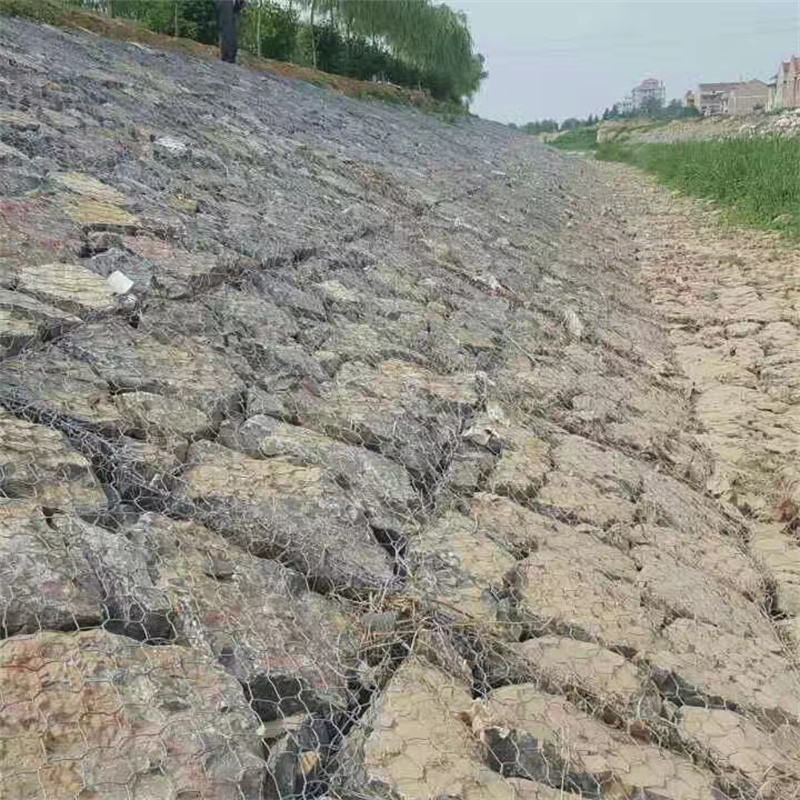Dec . 01, 2024 04:13 Back to list
best gabion wall wire gauge
Understanding the Best Gabion Wall Wire Gauge
Gabion walls have gained popularity in construction and landscaping due to their versatility, aesthetic appeal, and structural integrity. Composed of wire mesh filled with rocks or other materials, these walls provide effective erosion control, retaining structures, and visually pleasing features in various outdoor settings. One of the critical factors that influence the durability and performance of a gabion wall is the wire gauge used in the construction of the gabion baskets.
Understanding the Best Gabion Wall Wire Gauge
When selecting the best wire gauge for gabion walls, it is crucial to consider several factors. Firstly, the location and purpose of the wall play a significant role. For instance, gabion walls built in areas with high soil pressure, such as near slopes or riverbanks, benefit from thicker wire (8 or 9 gauge) to withstand the added stresses. Conversely, decorative gabion walls or those employed in less demanding environments might utilize a lighter gauge (10 to 12 gauge) without compromising functionality.
best gabion wall wire gauge

Corrosion resistance is another vital aspect of wire gauge selection. Gabion walls are often exposed to harsh weather conditions, particularly in coastal or industrial areas, where salt and pollutants can erode the wire over time. Opting for galvanized or PVC-coated wire can prolong the life of the gabion structure, regardless of the gauge. For example, a 10-gauge galvanized wire may last significantly longer than an untreated 8-gauge wire in corrosive environments.
Ultimately, the best wire gauge for a gabion wall is contingent on balancing strength, flexibility, and environmental factors. A thicker wire offers greater durability but may be more challenging to install. On the other hand, a thinner wire could provide easier handling and a more gentle aesthetic but may require additional maintenance over time.
In conclusion, selecting the appropriate gabion wall wire gauge is essential for ensuring the longevity and functionality of these structures. By considering the specific conditions of the installation site and the intended use of the gabion wall, builders can make informed decisions that enhance the performance and durability of their projects.
-
Understanding Load-Bearing Capacity of Gabion Boxes
NewsJul.17,2025
-
The Importance of Corrosion-Resistant Wire in Gabion Construction
NewsJul.17,2025
-
How Gabion Boxes Prevent Soil Erosion Effectively
NewsJul.17,2025
-
Environmental Benefits of Gabion Cages
NewsJul.17,2025
-
Best Stone Types for Gabion Walls with Steps
NewsJul.17,2025
-
Benefits of Using Rock Gabion Baskets in Landscaping
NewsJul.17,2025
-
The Role of Galvanized Gabion Mesh in Riverbank Protection
NewsJun.26,2025






